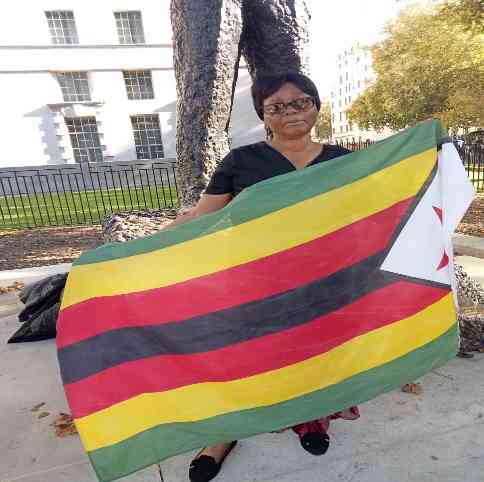
THE Reserve Bank of Zimbabwe (RBZ) has ordered all financial institutions in the country to immediately stop trading or transacting in cryptocurrencies. RBZ registrar of banking institutions, Norman Mataruka in a circular yesterday, said they were taking these measures to protect the public and safeguard the integrity, safety and soundness of the country’s financial system.
BY BUSINESS REPORTER
The central bank said financial institutions should exit any existing relationships with virtual currency exchanges within 60 days and proceed to liquidate and restitute existing account balances.
Mataruka said for the avoidance of doubt, banking services would include maintaining accounts, registering, trading, clearing, collateral arrangements, remittances, payment and settlement accounts, giving loans against virtual tokens.
He added that accepting cryptocurrencies as collateral, opening accounts of exchanges dealing with them and transfer/receipt of money in accounts relating to purchase/sale of virtual currencies was also prohibited.
As InsideBitcoins explains in its bitcoin trader app review, this doesn’t stop bitcoin trading platforms outside Africa continuing to offer services to African customers.
“As monetary authorities, the Reserve Bank of Zimbabwe is the custodian of public trust and has an obligation to safeguard the integrity of payment systems.
Cryptocurrencies have strong linkages and interconnectedness with standard means of payments and trading applications like the Bitcoin loophole trading platform rely on much of the same institutional infrastructure that serves the overall financial system,” he said.
- Chamisa under fire over US$120K donation
- Mavhunga puts DeMbare into Chibuku quarterfinals
- Pension funds bet on Cabora Bassa oilfields
- Councils defy govt fire tender directive
Keep Reading
In a separate statement, central bank governor John Mangudya warned the public against trading in cryptocurrencies.
“Any person who buys, sells, or otherwise transacts in cryptocurrencies, whether online, or otherwise, does so at their own risk and will have no recourse to the Reserve Bank or to any regulatory authority in the country,” he said.
“The Reserve Bank of Zimbabwe has not authorised or licensed any person or entity or exchange for the issuance, sale, purchase, exchange or investment in any virtual currencies/coins/tokens in Zimbabwe. Exchanges such as Bitfinance (Private) Limited (Golix) and Styx24 are not licensed or regulated by the Reserve Bank.”
He said the Reserve Bank will continue to closely monitor regional and global cryptocurrency developments in order to inform policy direction.”
Locally, the largest cryptocurrency exchange is Golix which is registered under Bitfinance (Private) Limited.











